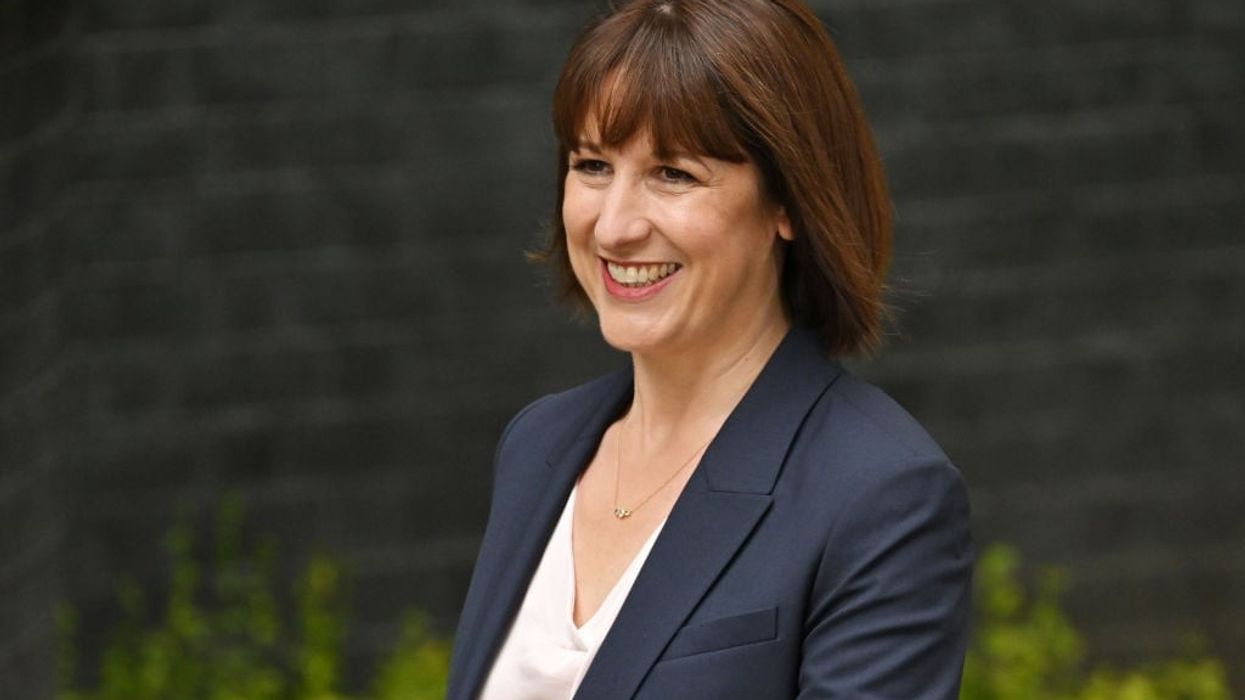CHANCELLOR Rachel Reeves vowed to "fix the mess" in the country's finances left by the prior Tory government but said she would make no commitments on taxation until she is certain that fiscal rules can be met.
Reeves told reporters at a G20 finance leaders meeting in Brazil that the new Labour government still has no plans to raise income, national insurance or value added taxes, adding that the tax burden on working people is already too high.
"I want to be crystal clear. We have inherited a mess. But I am going to fix the mess that the Tories have left us," Reeves said.
Reeves, who will deliver a statement on Monday (29) to parliament on Britain's public finances and spending pressures, said she will not make any unfunded spending commitments, as the fiscal rules were "non-negotiable."
"I want taxes to be lower, not higher, but I'm not going to make any commitments without being able to say where the money's going to come from," Reeves told reporters on the sidelines of the meeting of finance ministers and central bank governors.
Reeves also said she could make no commitments yet on changes to wealth taxes, property taxes and inheritance taxes, leaving few clues about Monday's fiscal statement, which will mark a start to the new government's budgeting process that culminates in an Autumn budget statement.
Reeves said taxes on foreign-born people with property in Britain, or "non-doms," would be raised as promised, and on energy companies.
She said Britain supports the G20 discussions in Rio de Janeiro on making tax systems more progressive so that the ultra-wealthy pay their fair share, but cautioned against going too far and chasing away entrepreneurs.
She said, "You've got to strike the right balance on this. I want the new Labour government to be pro-growth, pro-wealth creation. You've got to get the balance right."
The new chancellor also said she saw progress in talks on the "Pillar 1" arrangement to reallocate taxing rights for large multinational companies, adding that if momentum can be maintained, she was confident that remaining issues could be resolved by the autumn of this year.
(Reuters)





